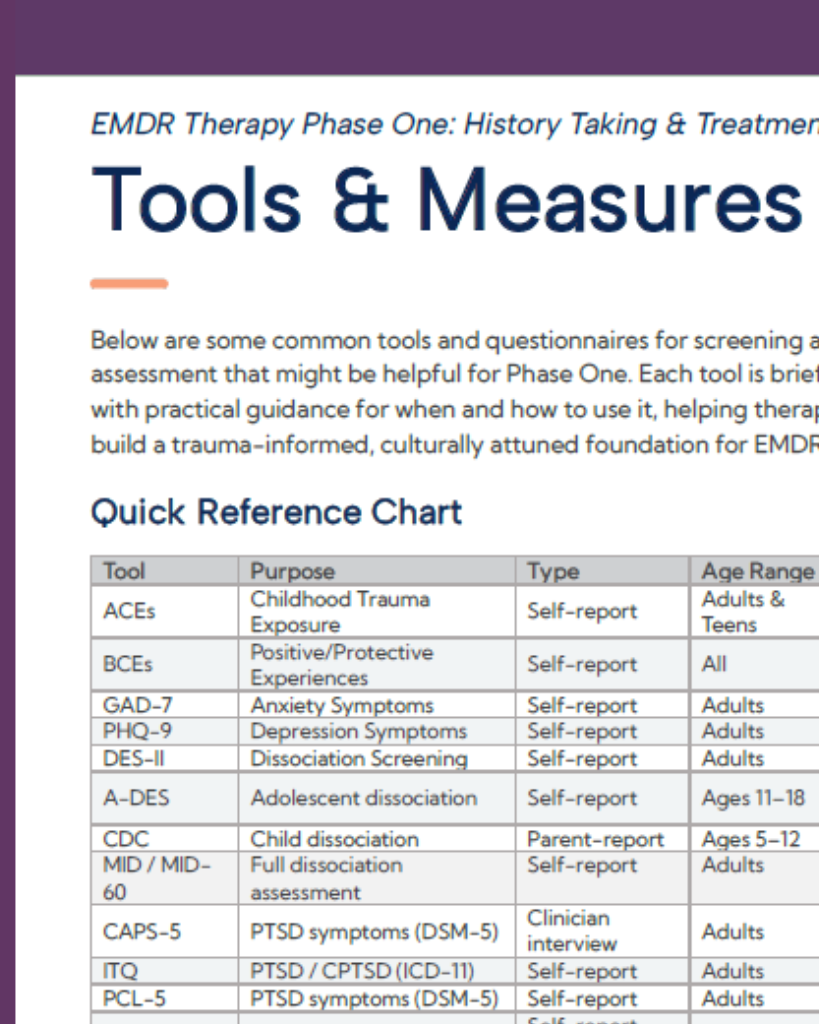Treatment for childhood and adolescent dissociation: A systematic review
A systematic review for treatment of childhood and adolescent dissociation.
Article Abstract
“Objective: Dissociative symptoms are linked to experiences of trauma, often originating in childhood and adolescence. Dissociative disorders are associated with a high burden of illness and a poor quality of life. Despite evidence suggesting that early intervention can improve outcomes, little research exists on the treatment of dissociative disorders in childhood and adolescence. The current study aimed to systematically review the existing body of literature to identify current treatments applied within child and adolescent populations diagnosed with a dissociative disorder. Method: This review was conducted in line with PRISMA guidelines. Databases were searched for relevant publications, resulting in 3,064 papers to be screened. Articles were included if they involved child or adolescent populations experiencing dissociation and undergoing treatment. Seven articles were included in the current review: two quantitative and five case studies. Results: Treatment duration varied greatly, ranging from 1 to 29 months. Treatments were mostly combinations of psychotherapy, dialectical behavior therapy, eye movement desensitization and reprocessing, as well as adjunctive therapies such as mindfulness and psychoeducation. Conclusions: Our study demonstrated that the literature on current treatment for children and adolescents is clearly scarce, with only seven studies, five of which were case studies and two of which were over 20 years old. The treatments used for dissociation in children and adolescents experiencing dissociation were varied, but psychotherapy was the most used treatment method. This review has revealed that there is no clear framework that exists for the treatment of dissociation in child and adolescent patients, despite the need for one.
—Description from publisher
Article Access
Open access
Woolard, A., Boutrus, M., Bullman, I., Wickens, N., Gouveia Belinelo, P. D., Solomon, T., & Milroy, H. (2024). Treatment for childhood and adolescent dissociation: A systematic review. Psychological Trauma: Theory, Research, Practice, and Policy. Advance online publication. Open access: https://doi.org/10.1037/tra0001615
About the Journal
“‘Psychological Trauma: Theory, Research, Practice, and Policy® publishes empirical research on the psychological effects of trauma. The journal is intended to be a forum for an interdisciplinary discussion on trauma, blending science, theory, practice, and policy. This journal is a publication of APA Division 56 (Trauma Psychology)”
—Description from publisher
Date
January 25, 2024
Creator(s)
Alix Woolard, Maryam Boutrus, Indijah Bullman
Contributor(s)
Nicole Wickens, Patricia de Gouveia Belinelo, Tanya Solomon, Helen Milroy
Topics
Dissociation
Client Population
Adolescents, Children
Extent
8 pages
Publisher
American Psychological Association
Rights
PsycInfo Database Record (c) 2024 APA, all rights reserved
APA Citation
Woolard, A., Boutrus, M., Bullman, I., Wickens, N., Gouveia Belinelo, P. D., Solomon, T., & Milroy, H. (2024). Treatment for childhood and adolescent dissociation: A systematic review. Psychological Trauma: Theory, Research, Practice, and Policy. Advance online publication. Open access: https://doi.org/10.1037/tra0001615
Audience
EMDR Therapists
Language
English
Content Type
Article, Meta-analyses/Systematic Reviews, Peer-Reviewed
Access Type
External Resource, Open Access





